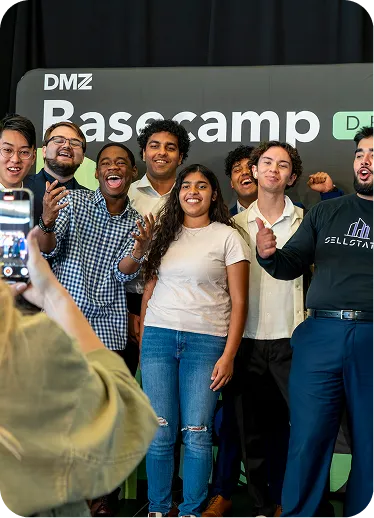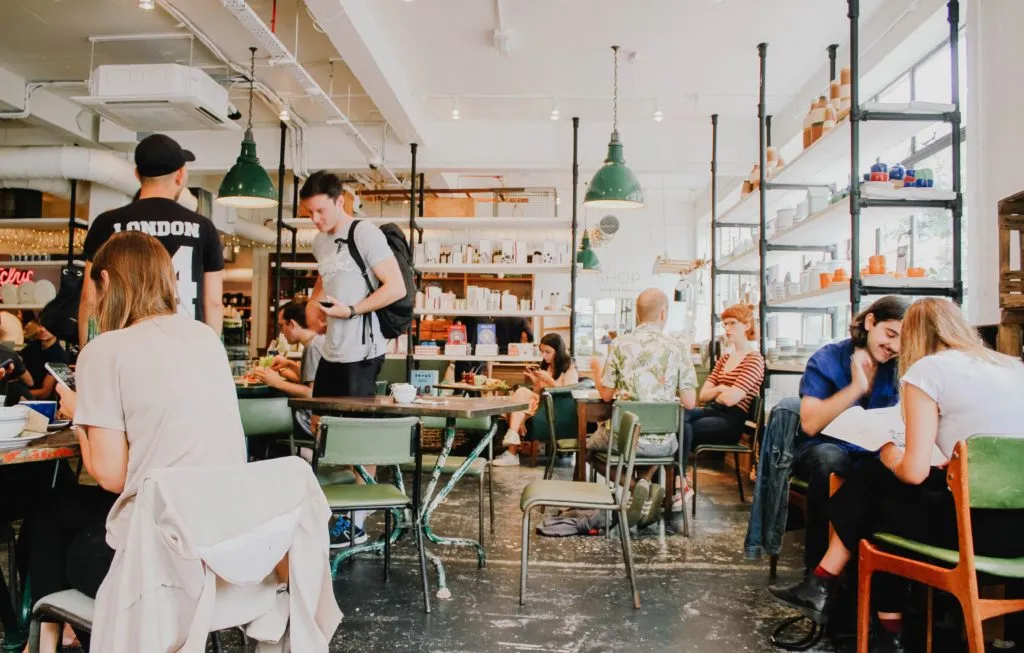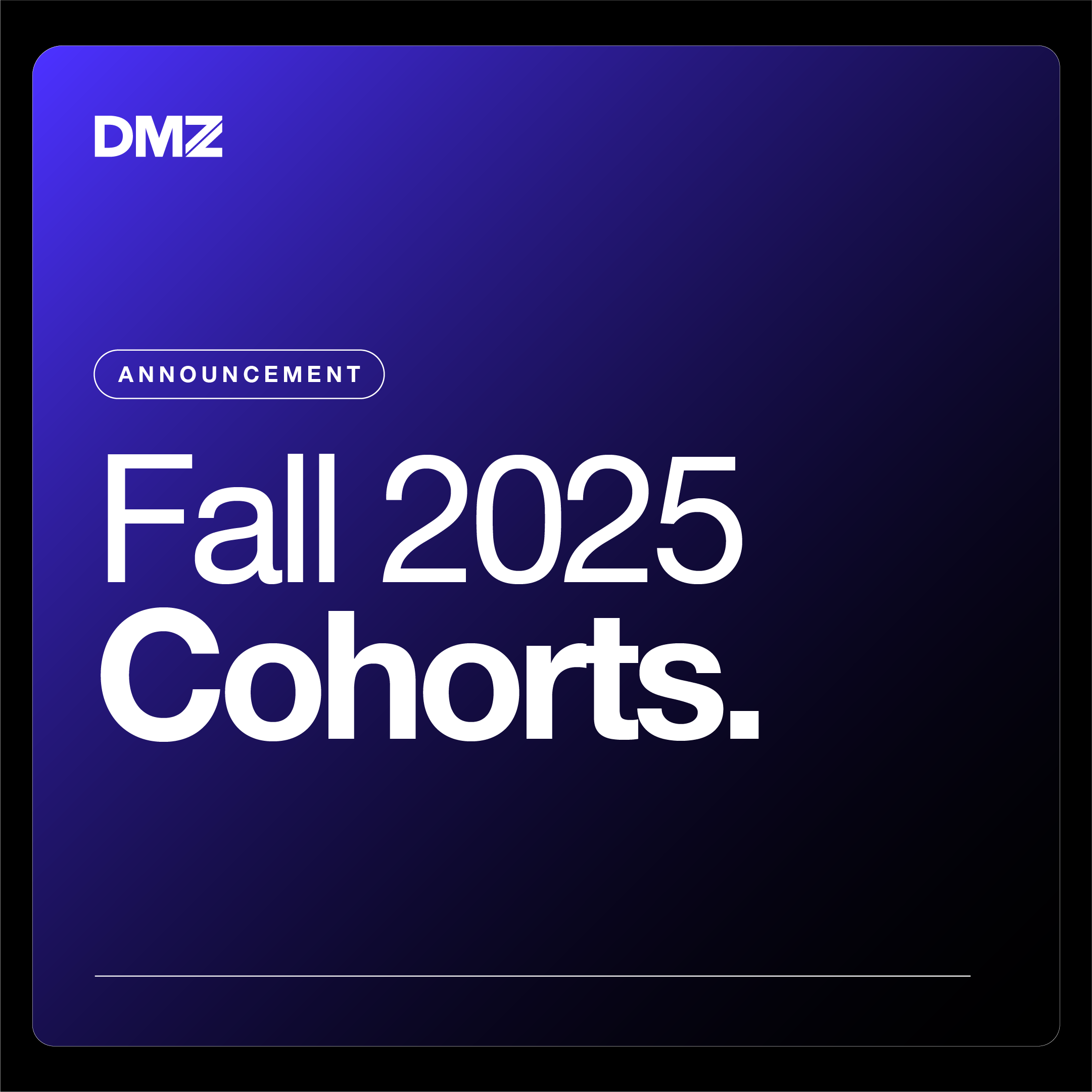Social media influencers mean big money.
They have thousands of followers, command "fans" around the world and can launch global campaigns with one well-timed photo or push of a button. In layman terms, these new-age "stars" have real power. And, brands have noticed.
More companies are eschewing big-name celebrities in favour of social media stars who have huge followings. In turn, startups have instituted special ways to recognize these individuals (and sometimes even profit off of them). Think Twitter's checkmarks, Instagram's badges and Snapchat's special emojis.
"Influencers [and influencer marketing power] isn't going away," explained Jessica Clifton, U.S. managing director for strategic growth and development at Edelman about the rise of these socially savvy millennials.
Now tech startups are hoping to get in on the action. They're tapping influencers to lead their businesses and manage their social strategies. But, is it a good idea? When done right these socially savvy individuals can generate international buzz. When things go wrong it can alienate existing customers and permanently tarnish a brand.
The rise of the influencer
The relationship between influencers and the tech industry isn't complicated. In the early years, social startups sought out and helped amplify influencers on their platforms. For instance, Markham-based Lily Singh works with YouTube and special brands across the globe, while fitness guru Kayla Itsines is the poster girl for Instagram.
More recently tech-based startups (and tech enthusiasts) have started working with influencers in greater numbers, although with mixed results.
Blue Apron, a food delivery system based in San Francisco, fired millennial star Jenelle Evans last month after customers threatened to boycott the controversial star. Earlier this week Instagram star Claudia Oshry and her sister Jackie were fired by social media show Oath after old anti-Muslim tweets were unearthed.
These problems embody how wrong influencer partnerships can go: When done right it can be a great business move, but also easily lead to trouble if done wrong.
So what should entrepreneurs do? Make sure you perform an exhaustive search that takes into account an individual's background and working relationships. "Brands need to do more research into these influencers," says Delmundo CEO Nick Cicero. "There are more people to keep track of than ever before, and it's harder to do quality control. So you have to do the research to make sure some YouTube kid won't put your brand in a bad light."
Rachel David, a former broadcaster turned YouTube star and now entrepreneur agrees. Her agency works with a slew of influencers across Canada and North America. For small companies or startups that see partnering with an influencer as easy "low-hanging fruit" it comes with unique challenges.
"[Startups and brands] realize that they want to attach themselves to influencers but they need someone like me to do a background check," she says. "These are things that not every company knows how to do properly." Her advice? Companies that don't have extensive resources on hand should work with specialized agencies who understand the changing market.
David isn't wrong. It doesn't take much work to find companies (both big and small) that failed to do their due diligence and ended up paying the price. Disney's brand was hit when its Youtuber influencer PewDiePie made anti semitic remarks while advertisers were up in arms after popular influencer Logan Paul aired a video showing a dead body earlier this year.
Platforms have to be wary too
It's not just companies that need to be wary. The tech platforms that help promote these users face an uphill battle now-a-days too. Critics have long accused social media sites of not doing enough to stem the negative and sometimes 'toxic' content influencers produced.
Earlier this month, Unilever -- a consumer goods company that owns Dove, Axe, Ben & Jerry's-- threatened to walk away from digital platforms. They continue to prop sites that promoted harmful content and influencers. The announcement was huge, considering it spends about $9.8 billion every year to promote its products around the globe.
In response YouTube and Google have committed to increasing the number of moderators and strengthened guidelines for its creators. It's a step in the right direction and puts the onus back on providers. Although, David adds it won't completely solve the problem."Every creator is responsible for their actions. Advertisers are spending their money, they can't control what comes out of a creator's mouth. What they can control is who they put as "trending," who they recommended."
"Tech companies will now need to take on roles they never dreamed of when they started," says Clifton. "These platforms are growing up and now can't focus on merely just providing these free services."
While it's too early to know for sure what will happen, like any maturing industry, social media platforms are showcasing how crucial it is for companies to change as they grow with their users.


.webp)




